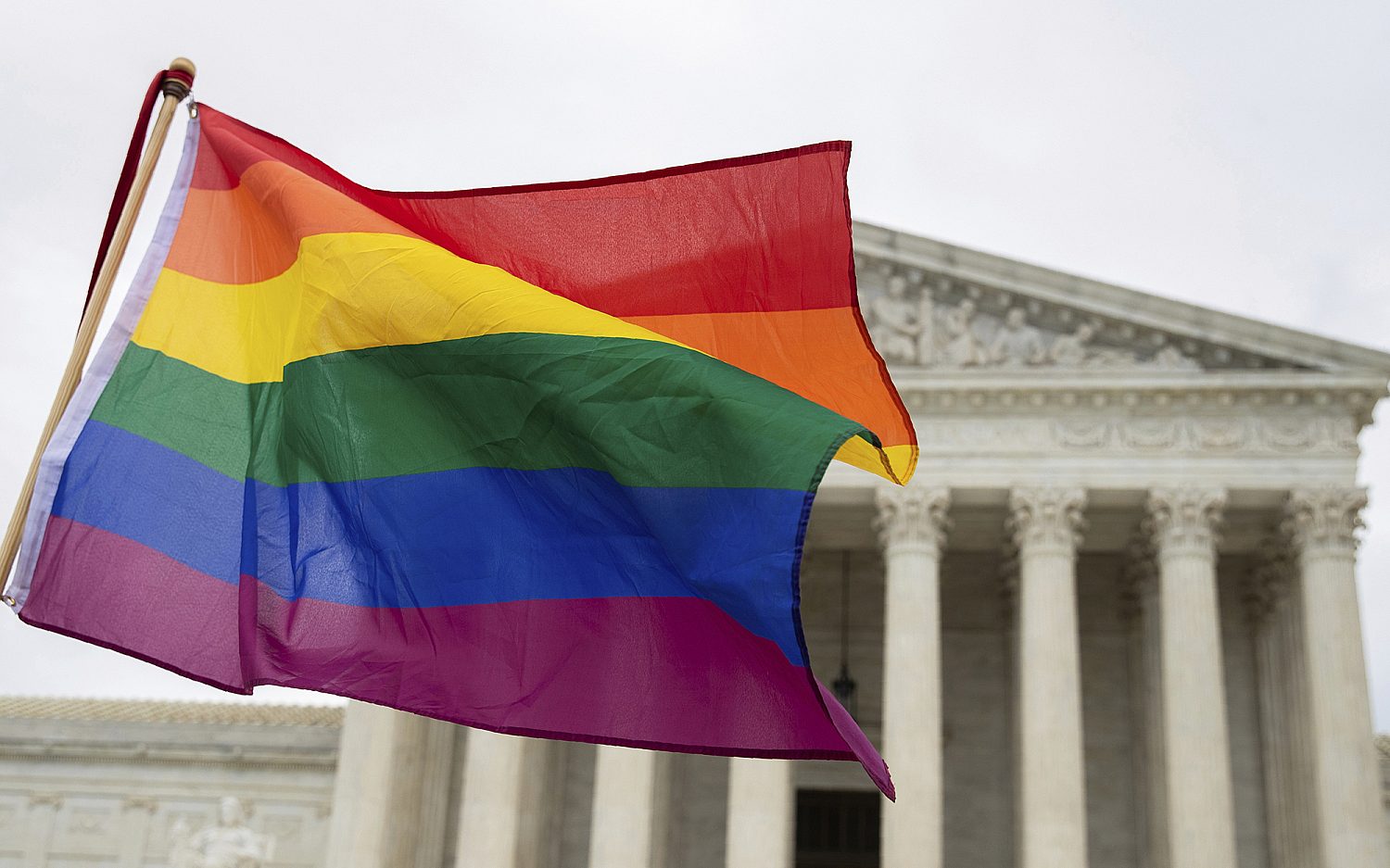Obama won't hang up on phone call metadata
President proposes broad but moderate reforms to the nation’s electronic surveillance programs
President Barack Obama called for a broad but moderate set of reforms to U.S. surveillance practices in a speech today before the Department of Justice. The most significant: A restructuring of the program that collects and stores records of Americans’ phone calls.
The existence of a government register of phone call metadata—information like phone numbers and call duration—came as a shock to the American people when it was revealed last summer. Along with other intelligence practices disclosed by former National Security Agency contractor Edward J. Snowden, the program revealed how far intelligence officials have gone to track down terrorist networks and thwart potential attacks—some say, at the expense of citizens’ privacy.
The president’s 45-minute speech, addressing phone call records, secret government requests for company data, the foreign surveillance court, and the surveillance of foreign heads of state, seemed designed to quell criticism of intelligence practices without making too many drastic changes to programs spy chiefs say are vital to U.S. security. He fell short of adopting the most extreme reforms recommended by privacy advocates.
The San Francisco-based Electronic Frontier Foundation, a longtime critic of the administration’s surveillance practices, gave the president a paltry 3.5 points out of a 12-point scorecard for the reforms proposed in today’s speech.
“The president took several steps toward reforming NSA surveillance, but there’s still a long way to go,” said Cindy Cohn, EFF legal director, in a statement. “Other necessary reforms include requiring prior judicial review of national security letters and ensuring the security and encryption of our digital tools, but the president’s speech made no mention of these.”
Obama said he would not end the collection of phone call metadata, but proposed taking the database itself out of government hands. Instead, private companies or an independent body could oversee the database, only allowing government officials to access it when they have a specific need.
During a transition period to implement the new phone metadata policy, Obama said agents would only look at phone numbers two steps removed from a foreign target, rather than three, and would seek a judge’s approval for such queries, except in emergencies.
“The reforms I’m proposing today should give the American people greater confidence that their rights are being protected,” he said.
The change to the phone call database program was in line with a recommendation from an advisory panel appointed to review government surveillance practices. Last month, the five-member expert panel issued a report with 46 policy recommendations. Obama immediately rejected one: A recommendation to avoid a concentration of cyberpower by separating the leadership of the NSA from the Pentagon’s United States Cyber Command.
On Friday, Obama did not address all the advisory panel’s concerns. But he promised to improve transparency and strengthen executive oversight of his administration’s spying practices. He called for limited additional oversight of the Foreign Intelligence Surveillance Court (FISC), a secret court that grants permission for foreign surveillance activities, asking for Congress to authorize the establishment of a nongovernmental panel to “provide an independent voice” on significant FISC cases.
Going forward, administration officials will annually review FISC decisions for the purpose of determining whether or not they must remain classified, a sticking point for privacy advocates.
Obama said he would ask top intelligence and legal chiefs to find ways to restrict the government’s ability to “retain, search, and use in criminal cases communications between Americans and foreign citizens” that are incidentally collected during foreign intelligence operations.
Beyond simply addressing the concerns of Americans, Obama aimed his words at foreign leaders who have also expressed misgivings about the long arm of U.S. surveillance. In October, German Chancellor Angela Merkel personally called the president after a report surfaced revealing the NSA had tapped her cellphone.
“Unless there is a compelling national security purpose, we will not monitor the communications of heads of state and government of our close friends and allies,” Obama said today, adding that foreign allies should rest assured if he wants to know their views, “I’ll pick up the phone and call them.”
He added, though, that the United States would continue using its powerful intelligence capabilities to probe the intentions of other nations—just as those nations do themselves: “We will not apologize simply because our services may be more effective.”
Obama said the State Department would appoint a senior officer to oversee diplomacy in matters involving signals intelligence.
The president also addressed the question of “national security letters,” secret government subpoenas asking private U.S. companies to turn over information such as customer communications data. He proposed allowing the secrecy of such letters to expire after a period of time.
The president did not embrace the most extreme reform proposal for national security letters—one requiring them to get a stamp of court approval. But he conceded, “I agree that greater oversight on the use of these letters may be appropriate and I’m prepared to work with Congress on this issue.” He said he was open to negotiating any changes to foreign surveillance court policy as well.
An actual newsletter worth subscribing to instead of just a collection of links. —Adam
Sign up to receive The Sift email newsletter each weekday morning for the latest headlines from WORLD’s breaking news team.





Please wait while we load the latest comments...
Comments
Please register, subscribe, or log in to comment on this article.